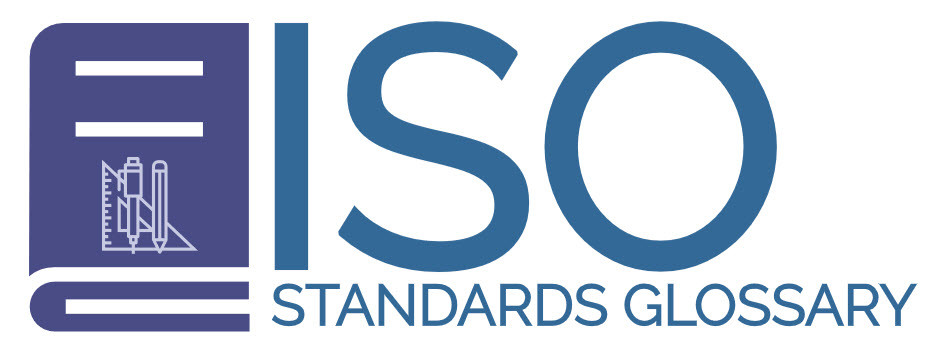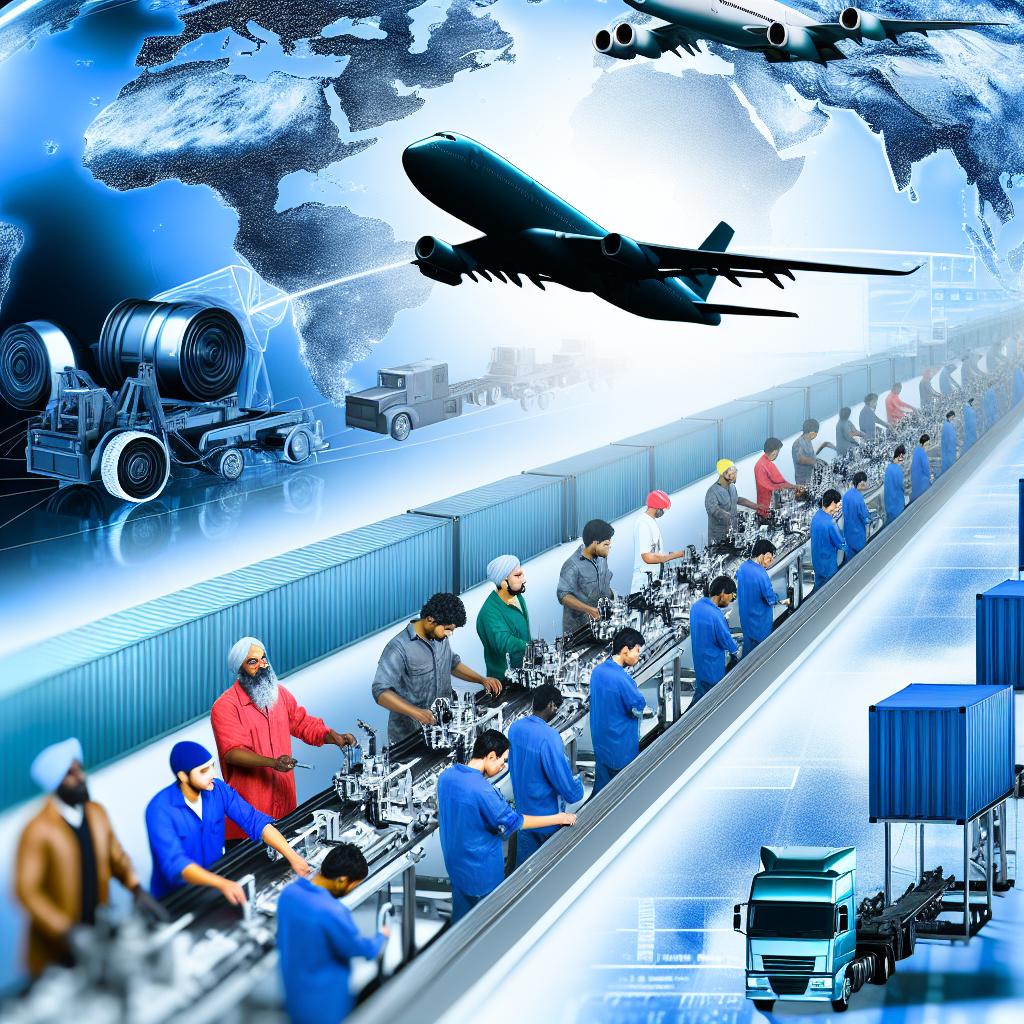The Role of Standards in the Supply Chain
Supply chains are intricate networks of systems involving multiple entities engaged in the production, transportation, and distribution of goods. As these processes grow increasingly complex, the necessity for integrated operations becomes crucial. This is where standards come into play, serving as the backbone for effective supply chain management. By offering consistent protocols and guidelines, standards facilitate seamless interactions across different components, thereby enhancing overall efficiency and optimization.
Facilitating Product Compatibility and Quality
One of the pivotal roles of standards is to ensure product compatibility and quality. Products and components from numerous manufacturers need to work together effectively, and standardized specifications make this possible. This is especially significant in industries like technology and manufacturing, where products often rely on a myriad of components sourced from various suppliers. By adhering to these standards, companies can assure interoperability, preventing delays often caused by compatibility issues. With interoperable solutions, businesses can avoid additional costs associated with modifying components to fit together and can expedite time-to-market for new products.
In addition to ensuring compatibility, standards facilitate a uniform level of quality across the supply chain. By implementing these benchmarking rules, companies can guarantee that their products are reliable and perform to expectations. This is crucial in sectors such as food production, pharmaceuticals, and electronics, where even minor deviations in quality can lead to significant consequences. Consequently, adherence to standards instills confidence in customers and partners regarding product reliability.
Streamlining Communication and Coordination
Another critical aspect where standards play a fundamental role is in streamlining communication and coordination among supply chain participants. The supply chain involves a myriad of stakeholders, including suppliers, manufacturers, distributors, and retailers. Effective communication among these parties is vital for achieving smooth operations, minimizing errors, and enhancing overall efficiency.
Standards provide a common language, thus reducing misunderstandings and discrepancies that may occur due to varied terminologies and protocols used by different entities. For instance, standardized forms of documentation, such as invoices, purchase orders, and shipping labels, ensure that all parties involved have access to accurate information needed to perform their roles effectively. This common framework not only minimizes errors but also facilitates faster transaction processing and decision-making.
Enhancing Supply Chain Security
In today’s interconnected environment, supply chain security has become an area of increasing focus. Standards contribute significantly by providing frameworks that assist in identifying vulnerabilities and implementing robust security measures to combat risks like fraud, counterfeiting, and cyber threats.
For example, the ISO 28000 series standards, focused on supply chain security management, offer comprehensive guidance to companies on identifying potential security threats, establishing control measures, and maintaining secure distribution channels. By adhering to these security standards, businesses can not only protect their assets but also enhance trust among partners and customers.
Promoting Sustainability
As global business practices pivot toward sustainability, standards provide crucial guidance for the adoption of eco-friendly measures within supply chains. With escalating environmental concerns, businesses increasingly strive to minimize their environmental footprint, and certification standards like ISO 14001 for environmental management systems are instrumental to these efforts. These standards encourage companies to adopt sustainable practices such as waste minimization, emissions reduction, and resource optimization.
Incorporating sustainability standards into the supply chain confers several advantages. It enables businesses to significantly lower their environmental impact, which is not only socially responsible but is also increasingly becoming a strong competitive edge in the market. Companies committed to sustainability are often more attractive to environmentally conscious consumers and may benefit from regulatory incentives.
Fostering Innovation and Industry Advancement
Moreover, standards are not just about maintaining the status quo; they also play a crucial role in fostering innovation and driving industry advancements. By providing a stable framework within which technologies and processes can evolve, standards encourage innovation by setting clear parameters for research and development. For instance, in the tech industry, standards for data protocols and interoperability enable developers to create new applications that can integrate seamlessly with existing systems, facilitating innovation.
This structured environment promotes a culture of continuous improvement, where industries can advance and refine their practices without the fear of obsolescence or destabilization, thereby contributing to sustained growth and development.
Global Trade Facilitation
Furthermore, standards greatly facilitate global trade by reducing barriers to international business. As businesses and economies become increasingly globalized, having a common set of standards eases cross-border transactions. Standards like those set by the International Organization for Standardization (ISO) provide guidelines that help harmonize international trade practices.
By ensuring that products meet globally recognized standards, companies can more readily enter foreign markets, meet local regulatory requirements, and reduce the cost and complexity associated with compliance. This harmonization supports fair competition, fosters international trade partnerships, and helps businesses expand their reach beyond domestic markets.
Conclusion
In conclusion, the impact of standards within the supply chain is both profound and multifaceted. By ensuring product compatibility and quality, they help establish a solid foundation for product reliability. Through streamlining of communication and coordination, they enhance efficiency across multiple stakeholders. Security frameworks offered by standards protect supply chains from a variety of threats, while sustainability standards aid in reducing the environmental footprint, providing a competitive advantage. Furthermore, by fostering innovation, supporting industry advancement, and facilitating international trade, standards help maintain a dynamic and resilient supply chain system.
Implementing and adhering to standards is not just beneficial but essential for modern businesses aiming to thrive in today’s competitive environment. As industries continue to evolve, the role of standards remains critical, guiding organizations toward sustainable, innovative, and efficient supply chain practices.

